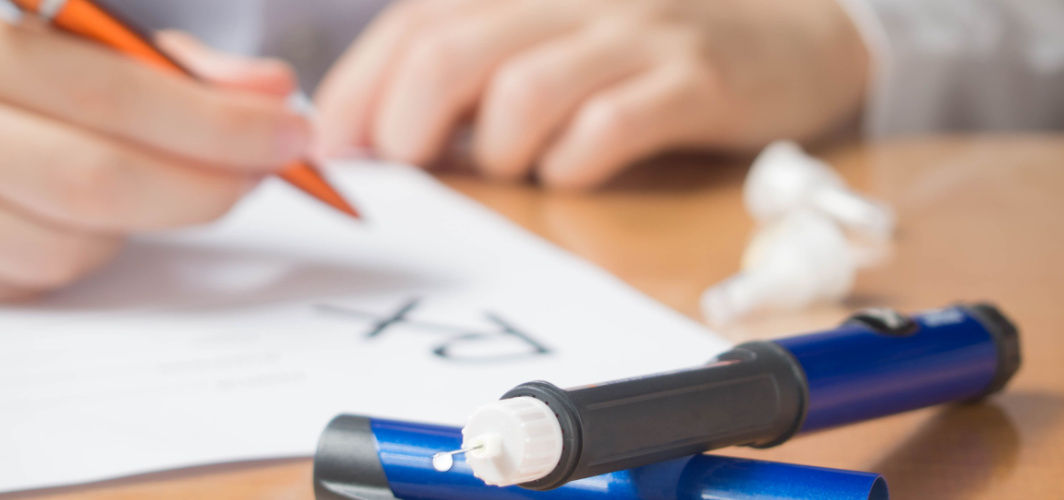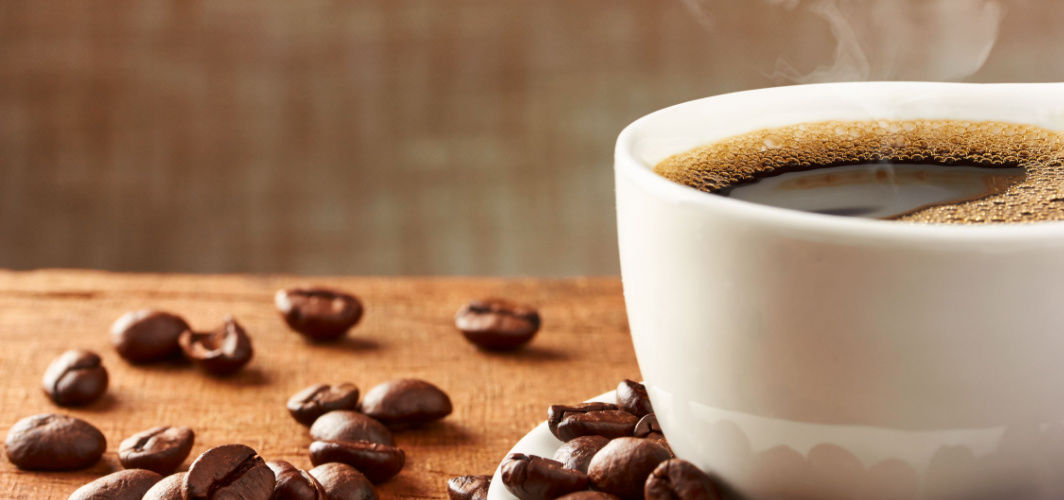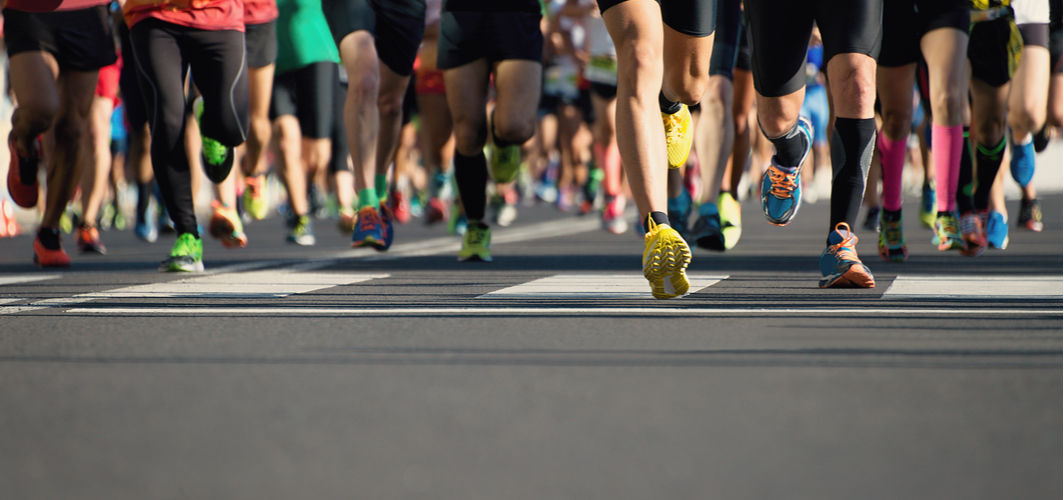Diabetes Management
Five Essential Tips for Diabetes Self-Management
2 min read
By Apollo 24|7, Published on - 05 October 2023, Updated on - 21 February 2024
Share this article
0
0 like

Diabetes, a chronic condition characterised by high blood sugar levels, requires diligent self-management to maintain optimal health and prevent complications. Whether you have Type 1, Type 2, or Gestational Diabetes, here are five crucial tips to help you take control of your diabetes and lead a healthier life.
1. Regular Blood Sugar Monitoring
Frequent blood sugar monitoring is a crucial aspect of diabetes self-management. Use a glucometer to check your blood sugar levels regularly, especially before and after meals, and keep a log of your readings. Understanding how your body responds to different factors like food, exercise, and medications empowers you to make informed decisions about your diabetes care.
2. Balanced Diet and Portion Control
A balanced diet is vital for managing diabetes effectively. Focus on a diet rich in whole grains, lean proteins, fruits, vegetables, and healthy fats. Practice portion control to avoid overeating, and pay attention to carbohydrate intake, as it directly affects blood sugar levels. Consult with a registered dietitian to create a personalised meal plan that aligns with your specific dietary needs and preferences.
3. Regular Physical Activity
Exercise plays a significant role in diabetes management. Aim for at least 150 minutes of moderate-intensity aerobic activity or 75 minutes of vigorous-intensity exercise per week, along with strength training exercises on two or more days. Regular physical activity helps improve insulin sensitivity, control weight, and boost overall well-being. Consult your healthcare provider before starting any new exercise program.
4. Medication Adherence
Adhere to your treatment plan diligently if you have been prescribed medication for your diabetes management. Take medications as directed by your healthcare provider and at the recommended times. Missing doses or altering your medication regimen without consulting your doctor can lead to unstable blood sugar levels.
5. Stress Management and Self-Care
Stress can impact blood sugar levels, so it's essential to practise stress management techniques like meditation, deep breathing, yoga, or hobbies that help you relax. Prioritise self-care and ensure you get enough sleep, as quality rest contributes to better blood sugar control. Don't hesitate to seek support from healthcare professionals or mental health experts if you're struggling with stress or emotional well-being.
Conclusion
Managing diabetes effectively involves being proactive so that you can keep your condition under control.
Diabetes Management
Consult Top Diabetologists
View AllLeave Comment
Recommended for you
.jpg?tr=q-80)
Diabetes Management
What is the Difference between Diabetes Insipidus and Diabetes Mellitus?
Diabetes Insipidus is a rare condition where the body can't properly regulate fluid balance, leading to excessive thirst and urination. Diabetes Mellitus, on the other hand, is a more common condition characterized by high blood sugar levels due to insulin dysfunction, leading to various health complications. Both conditions share the name "diabetes" but have distinct causes and symptoms.

Diabetes Management
Can Tea and Coffee be Harmful in Diabetes?
Caffeine, found in tea and coffee, can impact the blood sugar and insulin levels of individuals with type 2 diabetes. Studies suggest caffeine may raise blood sugar and reduce insulin sensitivity, increasing the risk of complications. Caffeine elevates stress hormones, blocks adenosine, and disrupts sleep. It takes as little as 200 milligrams of caffeine to affect blood sugar. For those with type 2 diabetes, switching to decaffeinated options may help maintain better blood sugar control.

Diabetes Management
Useful Tips for Diabetics Taking up Long-distance Running
Before running, check blood sugar levels and adjust carbohydrate intake accordingly. Carry glucose tablets or energy gels for energy and glucose boosts. Stay hydrated by drinking small amounts frequently during the run. It's helpful to have a running companion for first-aid support in case of low blood sugar. Carry medical ID or contact details for emergencies.
Subscribe
Sign up for our free Health Library Daily Newsletter
Get doctor-approved health tips, news, and more.
Visual Stories

8 Fruits That are Incredibly Healthy for Diabetes
Tap to continue exploring
Recommended for you
.jpg?tr=q-80)
Diabetes Management
What is the Difference between Diabetes Insipidus and Diabetes Mellitus?
Diabetes Insipidus is a rare condition where the body can't properly regulate fluid balance, leading to excessive thirst and urination. Diabetes Mellitus, on the other hand, is a more common condition characterized by high blood sugar levels due to insulin dysfunction, leading to various health complications. Both conditions share the name "diabetes" but have distinct causes and symptoms.

Diabetes Management
Can Tea and Coffee be Harmful in Diabetes?
Caffeine, found in tea and coffee, can impact the blood sugar and insulin levels of individuals with type 2 diabetes. Studies suggest caffeine may raise blood sugar and reduce insulin sensitivity, increasing the risk of complications. Caffeine elevates stress hormones, blocks adenosine, and disrupts sleep. It takes as little as 200 milligrams of caffeine to affect blood sugar. For those with type 2 diabetes, switching to decaffeinated options may help maintain better blood sugar control.

Diabetes Management
Useful Tips for Diabetics Taking up Long-distance Running
Before running, check blood sugar levels and adjust carbohydrate intake accordingly. Carry glucose tablets or energy gels for energy and glucose boosts. Stay hydrated by drinking small amounts frequently during the run. It's helpful to have a running companion for first-aid support in case of low blood sugar. Carry medical ID or contact details for emergencies.


